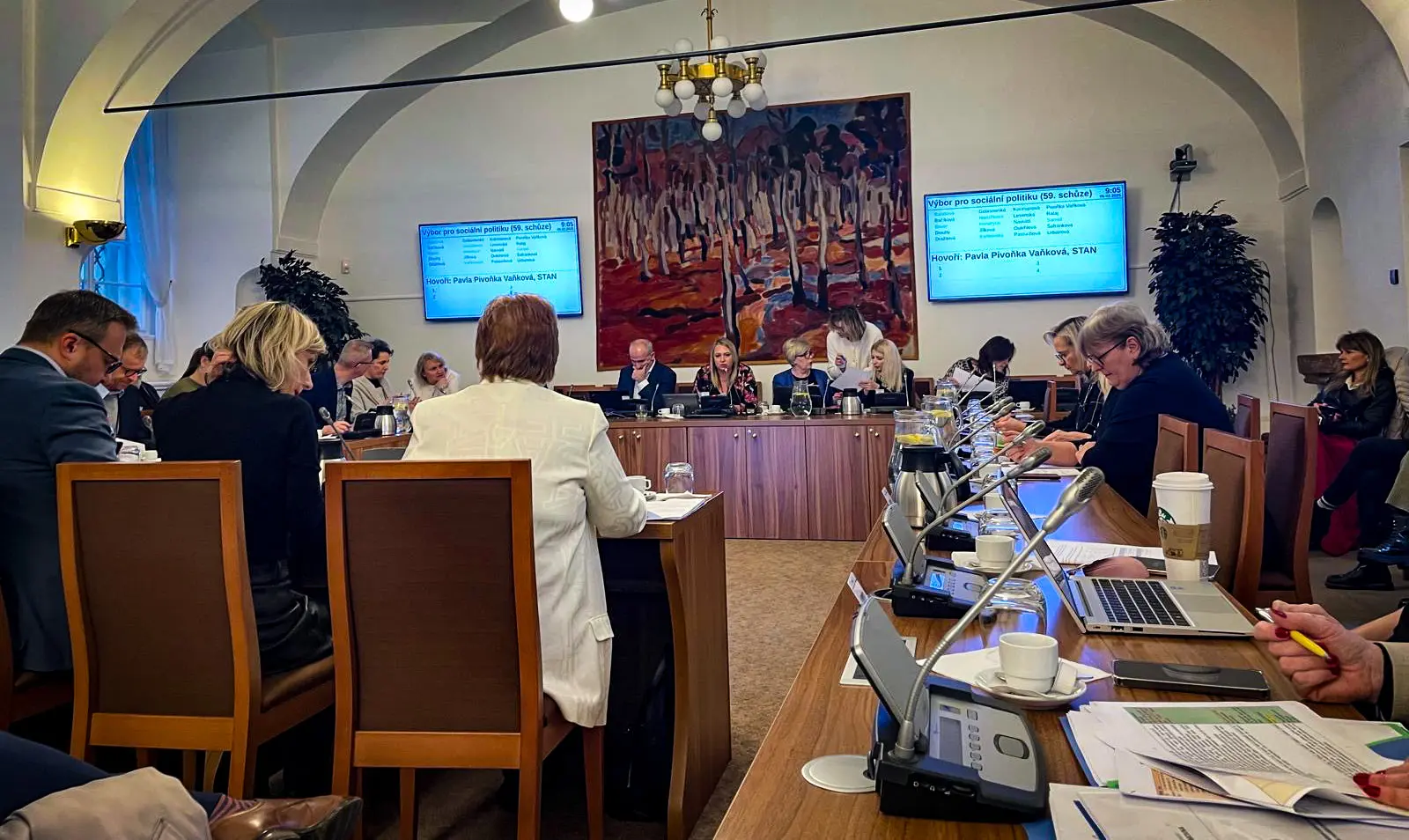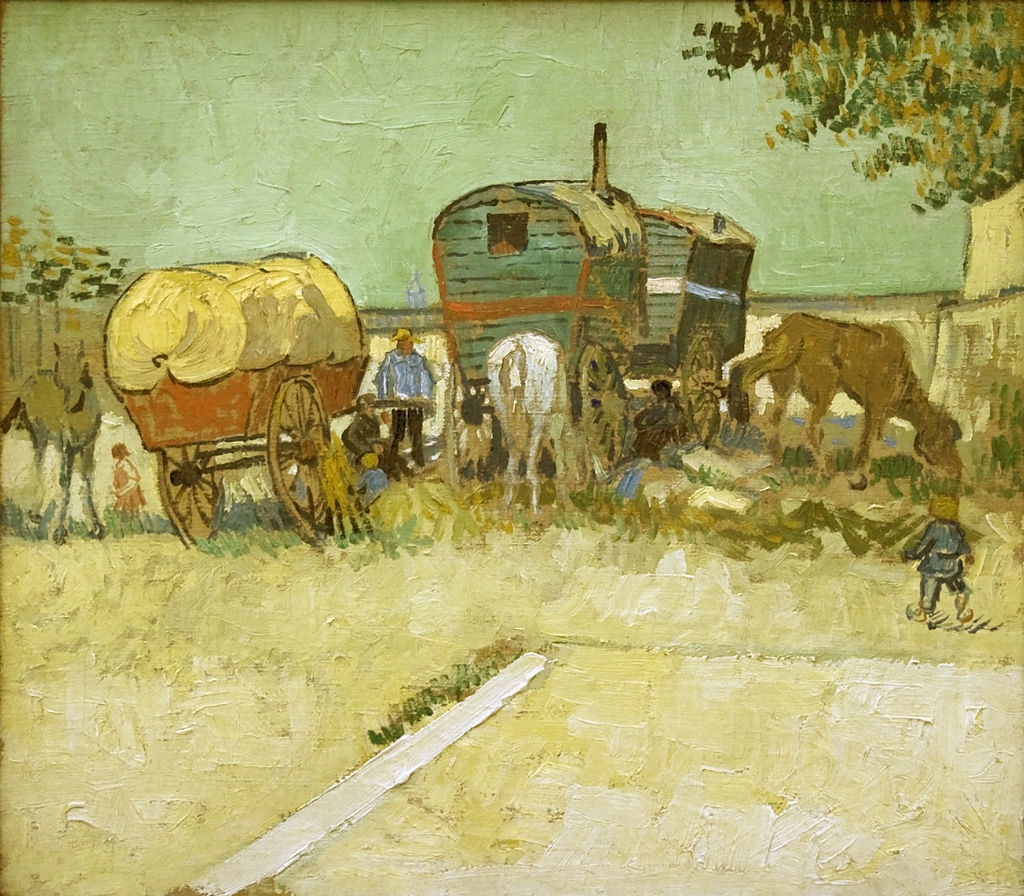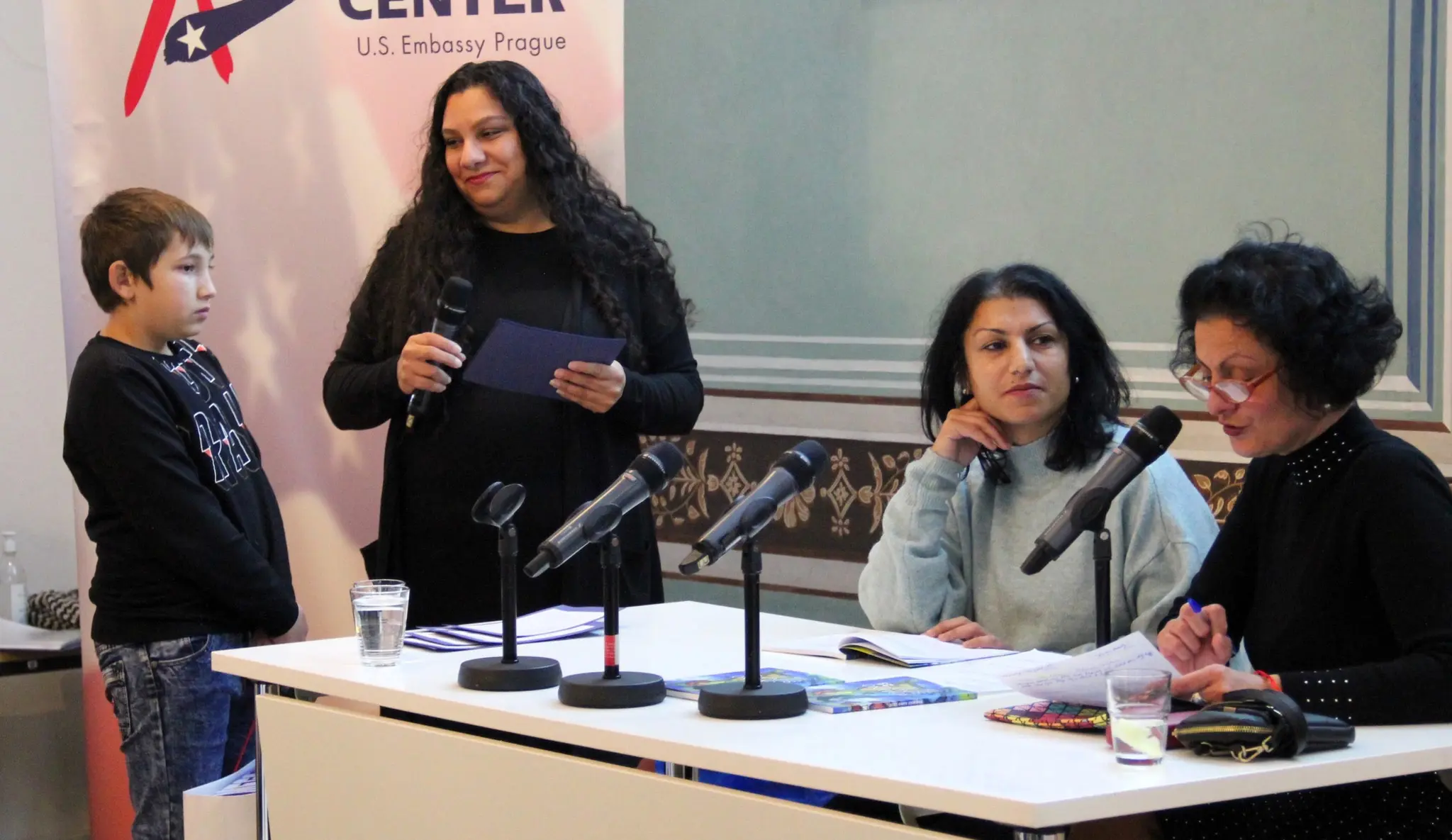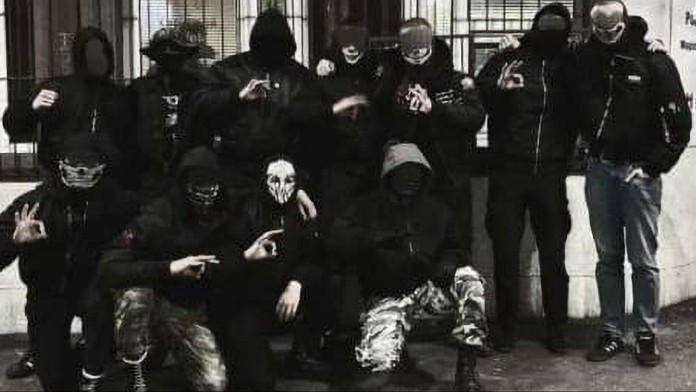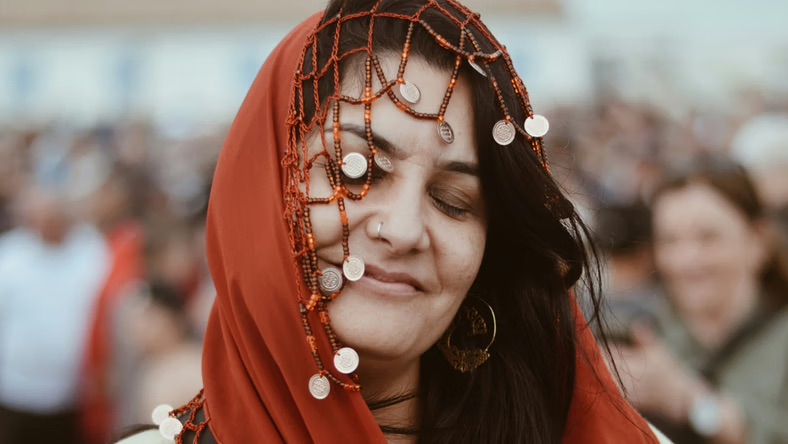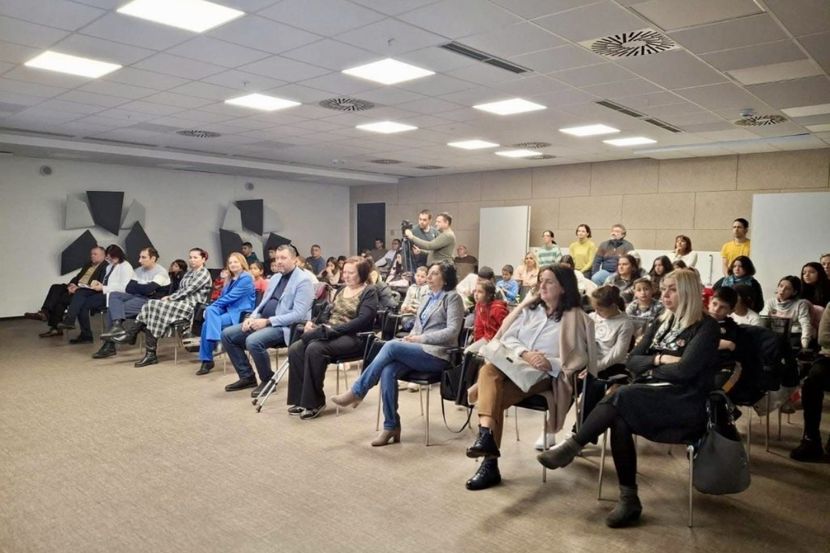Widmann and Widmer-Baggiolini (2014) report in a current documentary about the life of Rroma in Switzerland. Unfortunately, the journalists focus their attention only on those Rroma who are already visible and who are anyway in the media focus: Rroma who recently immigrated from Romania, many of whom live begging. At the beginning of the report, one can see a young Rromni on a public square of Lausanne. She repeatedly speaks with passers-by and asks them for some money. Before that, the audience is at home of the young woman and sees her together with her little daughter. She begs for herself and not for a criminal clan, as it is often incorrectly stated. This stereotype is put into perspective at the very beginning. Even the police officer responsible for Rroma confirms that there is no organised begging in Lausanne. The portrayed beggars state that they earn 15 to 20 francs per day. Thus, they earning far less than the official estimates, which talk of several hundred francs per day. A family portrayed has been repeatedly fined for illegal camping and begging. Without the help of the Rroma organisation “Opre rrom”, and its president Véra Tchérémissinoff, the family could not have paid the fines. For health care, the family is dependent on the organisation’s help and also takes help from the church. Two other recently immigrated families live in a big house, thanks to the help of a real estate owner. Here, Widmann and Widmer-Baggiolini focus on the school enrolment of the children. These have undergone numerous interruptions in their education, even if though they want to go to school. A negative notion about lack of education among Rroma is conveyed here. Another reproduced stereotype are traditional gender roles and child marriages: a young teenage girl goes not to school, as her mother states, because she is already married, and therefore must remain at home for reasons of tradition. Most of the 80,000 to 100,000 Rroma who have been living in Switzerland for generations, have a job, speak one of the national languages and send their children to school. This is not mentioned. Neither is the fact that traditions such as traditional gender roles or early marriages are critically questioned by educated Rroma. At the end of the report, one sees some of the portrayed Rroma back in Rumania. They live in poverty, but due to the large wealth gap between Switzerland and Romania, they live appreciably better thanks to the panhandled money.
- Widmann, Anne-Frédérique/Widmer-Baggiolini, Marie-Laure (2014) Les Roms sont parmi nous. In: RTS online vom 6.11.2014. http://www.rts.ch/video/emissions/temps-present/6283551-les-roms-sont-parmi-nous.html
